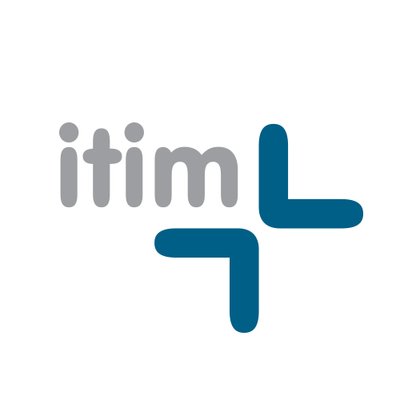The future of retail is being redefined by a mix of cutting-edge technology and human creativity, with 2025 poised to bring exciting trends that elevate shopping experiences. NRF Vice President of Education Strategy Susan Reda envisions a landscape where AI agents, live shopping, and rejuvenated brick-and-mortar stores lead the charge in reshaping how brands connect with customers.
Artificial intelligence is not just evolving—it’s becoming an integral force in retail’s transformation. AI agents are stepping beyond theoretical innovation to create personalised, intuitive shopping journeys. Acting as intelligent intermediaries, these agents analyse vast datasets to provide tailored recommendations and meaningful interactions. By transforming raw information into actionable insights, they’re redefining how shoppers engage with brands. As Reda highlights, these tools empower retailers to deliver responses that feel crafted for individual customers, enhancing satisfaction and fostering loyalty.
Live shopping is another trend capturing the energy of retail’s future. By blending entertainment and commerce, retailers like Nordstrom and Bloomingdale’s are engaging customers through immersive online events. Building on social media strategies, these live experiences create a sense of excitement and exclusivity, inviting consumers to be part of the action as they explore the latest offerings. It’s a dynamic extension of traditional retail, allowing brands to connect with audiences in a way that feels personal, interactive and fun.
The resurgence of brick-and-mortar stores offers further proof that retail’s evolution is not confined to digital spaces. Physical stores are reinventing themselves as hubs of experiential shopping, delivering tailored, memorable visits. Pop-up locations, trend-focused displays, and creative in-store elements—such as curated refreshments or limited-edition collections—are driving foot traffic and ensuring customers return for more. Reda emphasises the importance of crafting bespoke experiences that resonate deeply with specific audiences, ensuring stores remain relevant in a digital age.
The energy driving these innovations isn’t just about technology—it’s also about the next generation of shoppers. Gen Z has already shown a unique approach to retail, but the Alpha generation is poised to bring even greater creativity and individuality. As digital natives with an eye for self-expression, their influence promises to energise retail strategies further, ensuring that the sector remains vibrant and forward-looking.
The future of retail is being built on bold, customer-focused innovations. With AI agents delivering hyper-personalised experiences, live shopping blending commerce and entertainment, and brick-and-mortar stores embracing reinvention, brands have every reason to look forward to the opportunities ahead.
itim Group plc (LON:ITIM) is a SaaS-based technology company that enables store-based retailers to optimise their businesses to improve financial performance and effectively compete with online competitors. Itim adds retail value by helping multi-channel retailers optimise their business and their stores to improve financial performance and compete more effectively with the “Amazons”.


